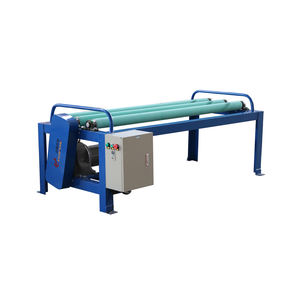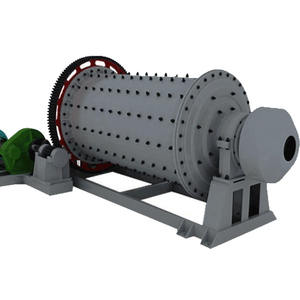Excavation is an important phase in building and civil design projects, requiring careful preparation and budgeting. The expense of excavation differs considerably based on several factors, consisting of job dimension, soil type, devices needs, labor prices, allows, and geographic place. Understanding these variables is necessary for mechanical engineers and job supervisors to create precise quotes and prevent budget overruns. Below is an in-depth analysis of excavation expenses and the factors influencing them.
(how much does excavation cost)
Project dimension and scope are key components of excavation expenses. Smaller sized tasks, such as household foundation excavating, generally range in between $1,500 and $5,000, relying on depth and intricacy. Larger-scale commercial or industrial tasks, including comprehensive earthmoving for basements, pipes, or land grading, can cost upwards of $10,000 to $100,000 or even more. Quantity is often computed in cubic yards, with rates varying from $50 to $200 per cubic backyard. This difference represent differences in material thickness, excavation deepness, and disposal needs.
Dirt kind straight affects the problem and period of excavation. Loose, sandy soil is less complicated to excavate, costing in between $50 and $100 per cubic lawn. On the other hand, rocky or clay-heavy soil needs specialized equipment like rock breakers or hydraulic hammers, boosting costs to $150–$300 per cubic yard. Soil stability also affects safety measures; unsteady surface may necessitate shoring or trench boxes, adding 10– 20% to the overall cost. A geotechnical survey, generally costing $1,000–$5,000, is suggested to assess dirt problems prior to settling spending plans.
Devices option plays an essential role in cost estimation. Mini-excavators or backhoes are sufficient for small projects, with hourly rates balancing $100–$200. Larger projects demand bulldozers, loaders, or dispose trucks, which cost $200–$500 per hour. Projects requiring blasting or precision excavation (e.g., near energies) might entail laser-guided equipment, further elevating costs. Rental vs. possession prices should also be thought about– professionals typically pass tools rental fees to clients, while possessed equipment may decrease long-lasting project prices.
Labor prices differ regionally but usually make up 30– 50% of complete excavation costs. Proficient drivers bill $50–$100 per hour, while general laborers set you back $20–$40 per hour. Unionized regions or locations with high demand for building and construction labor might see rates 10– 25% greater. Overtime, weekend work, or harmful conditions (e.g., infected websites) can even more raise labor expenses. Efficient project scheduling and labor force monitoring are important to reducing these expenses.
Authorizations and regulative conformity include indirect costs. City governments typically need excavation licenses ($100–$1,000), ecological impact assessments ($2,000–$10,000), and assessments ($200–$500). Projects near protected areas or entailing groundwater might sustain additional charges. Non-compliance fines or job hold-ups due to permit problems can intensify prices by 5– 15%. Engaging with regional authorities early in the preparation phase alleviates such risks.
Geographical place affects product and transportation prices. Urban jobs encounter higher expenditures because of limited accessibility, sound limitations, and disposal website ranges. Country excavations may sustain elevated gas and devices transport expenses. Regional differences in labor rates and worldly accessibility additionally affect rates– excavation in the northeastern united state standards 15– 20% more than in the Midwest, for example.
Site preparation and clean-up add to the last price. Clearing debris, tree elimination, or demolishing existing frameworks includes $500–$5,000. Backfilling and compacting dirt post-excavation expense $50–$150 per cubic yard. Polluted dirt disposal, managed by environmental companies, can exceed $200 per cubic backyard as a result of testing and landfill costs.
(how much does excavation cost)
To optimize excavation budget plans, conduct complete website analyses, acquire several specialist bids, and allot contingencies (10– 15% of complete cost). Partnering with knowledgeable professionals makes sure adherence to timelines and security requirements, minimizing the threat of expensive rework. While excavation costs are substantial, accurate planning and danger administration enable mechanical engineers to supply jobs successfully within monetary restrictions.


